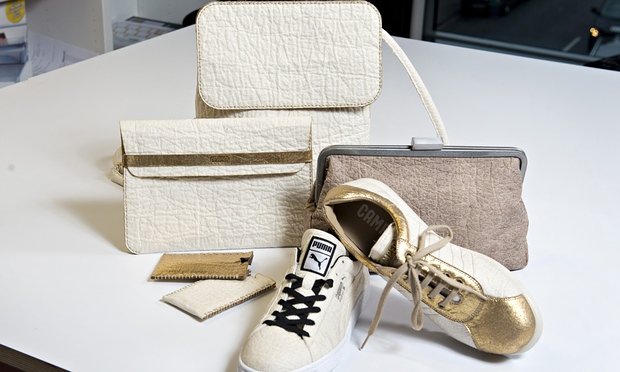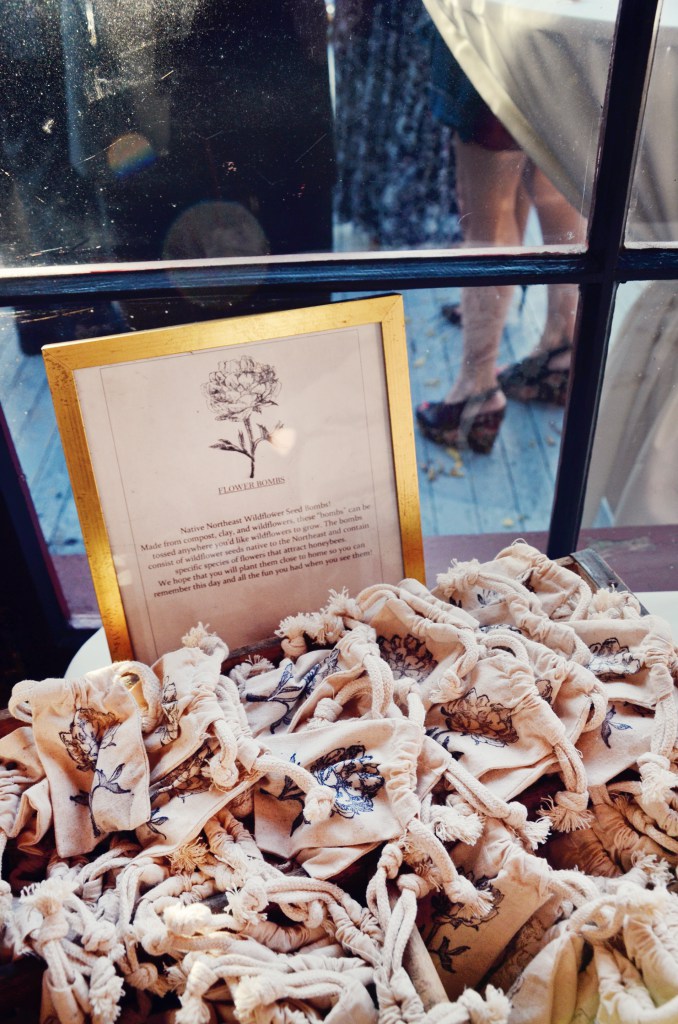There are immense ethical and environmental implications of leather, and for this reason, an increasing number of consumers are opting for vegan leather alternatives. However, when it comes to vegan leather, the options range from the highly unsustainable to the very low impact, so it pays to do your research.

- A version of this article previously appeared on Tortoise & Lady Grey.
If you are vegan, or you just want to reduce your reliance on a product that involves the slaughter of animals, there are an increasing number of products that cater to your needs. Animal agriculture is responsible for 18% of global greenhouse emissions, and this is only projected to rise. Due to this fact alone, many vegan leather brands will advertise themselves as sustainable, eco-friendly, or green. However, the majority of vegan handbag and shoe brands use conventional vegan leather, which is a PVC product. PVC is one of the most toxic materials that are used in fashion. It is not biodegradable, and it releases carcinogens into the environment. Not to mention that is derived from non-renewable petrochemicals. Choosing PVC leather may seem like the ethical choice, but it is certainly not the sustainable choice. Those who genuinely care about the impact of their wardrobe would be best to avoid it entirely if possible.
The good news is that there have been a number of advances in the development of new sustainable textiles in recent years, and there are some good vegan alternatives to leather which are genuinely eco-friendly. The two that you can find at the moment are cork leather and Piñatex™ (pineapple leather).
Cork leather is made from the bark of cork oak tree. The bark is harvested without harming the tree, and it can be harvested every 9 years for the life of the tree, which is up to 300 years. Cork leather is durable and completely natural. It has similar properties to leather in its use and it makes an attractive replacement for leather in handbags, purses, jewellery and shoes.
Piñatex™ was developed in the Philippines and is a leather made from the leaves of the pineapple plant. It makes use of the waste product from the harvesting of pineapple fruit and has thus found a viable economic use for something that was otherwise a waste product. No extra land, water, or chemicals are needed to grow this material either, making it a very low impact choice for fashion. It also gives pineapple farmers an additional source of income, hopefully enabling them to raise their standard of living. It is strong and durable and is also suitable for many of the uses of leather, including shoes, handbags, belts, and even car seats! This textile is quite new, so it may take a little while to see it easily available, but there are already some vegan shoe and handbag brand that have started using it. Check out @pinatex_official on Instagram to start your research or contact the company directly to find out about the brands they supply.
I generally suggest avoiding the use of leather for anything unnecessary, such as jackets or jewellery, where other textiles/materials can easily meet this need without affecting performance. But when it comes to cork leather and Piñatex™, these textiles have very impressive sustainability credentials and are better choices than many other textiles such as organic cotton or even wool. You can feel comfortable that you are making the sustainable choice with pineapple and cork leathers.
Just please stay away from PVC!
If you enjoyed this post and learned something new, you will learn a lot from my Guide to Sustainable Textiles. This thoroughly researched guide takes you through all the ethical and sustainability considerations in textiles to enable you to make purchase decisions that are in line with your ethics and commitment to sustainability. If you want to be able to assess the sustainability of your favourite brands, this is the guide you need.
Also by Summer: Why Polyester Production Damages the Environment
Related: Eco-Friendly Fabric Tencel
Cotton: The Hard Truth about This Soft Fabric
Get more like this–Subscribe to our daily inspirational newsletter for exclusive content!
__
Photo: Tortoise and Lady Grey




